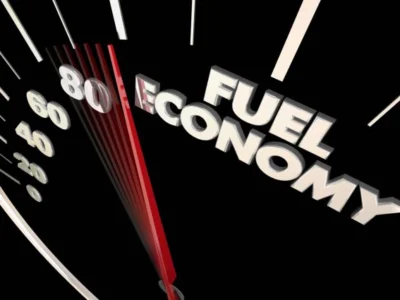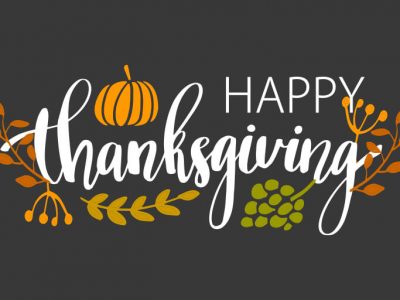Is Saving Lives Unconstitutional? A Response to John Yoo
Takings law is complicated, but the answer to this question is clear. The answer is no.
Like others on the extreme right, the Hoover Institution is campaigning against “stay at home” orders because they cost too much money. Regrettably, the most recent argument to this effect on their website is by my colleague John Yoo. He argues that the Constitution requires states to compensate business owners for their losses. That’s simply wrong.
In the blog post, Yoo and coauthor Harmeet Dhillon argue that shutting down businesses is a “taking” of the business’s property which requires just compensation under the Constitution. The constitutional doctrines in this area are quite complex, and Yoo’s expertise is in the very different area of presidential war powers. In fact, it is clear that Supreme Court precedent does not support his view.
Yoo and Dhillon claim that closing businesses in effect commandeers them for the public good, just as if the government had seized their property. If it were true, this would be what the courts call a physical taking and would therefore require compensation. But the Supreme Court has made it clear that a physical taking exists only when the government or members of the public seize, occupy, or enter property. A physical taking involves the destruction of the owner’s right to exclude others. As the Supreme Court has said, the government commits “a physical taking only where it requires the landowner to submit to the physical occupation of his land.”
Another way of reading their argument would be that the shutdown order constitutes a “total taking” of property, similar to a law that prohibits any development on a parcel of land. There are two basic flaws in this argument.
One flaw is that the total taking doctrine requires a permanent prohibition, not a short-term prohibition required by temporary needs. The Supreme Court made that clear in a case involving a temporary ban on development as part of an effort to preserve Lake Tahoe.
The second flaw is, if anything, more decisive. In the same case where the Supreme Court adopted the idea that permanent development bans are takings, it recognized an exception: there is no taking if the owner’s use of the property would be a public nuisance. And there is little question that congregating people together during an epidemic is a public nuisance unless there is an overriding public interest involved, like operating a hospital.
Ironically, perhaps the greatest flaw in the piece by Yoo and his coauthor is that it ignores the emergency powers held by a chief executive such as a state governor, and overlooks the high degree of judicial deference that such actions enjoy. The irony, of course, is that he has spent much of his career arguing that precisely such powers are held by the President and are immune from judicial review. But what is sauce for the goose is sauce for the gander.
Reader Comments
4 Replies to “Is Saving Lives Unconstitutional? A Response to John Yoo”
Comments are closed.







Background principles of state law are very clear about the use of the police power to prevent infectious disease. We don’t talk about this much because, until now, infectious disease wasn’t a pressing concern. The police power cases from the 1800s reveal constant fear of fire and infectious disease. The government has broad power to negatively impact property rights to combat these concerns without compensation. As Justice Scalia held in Lucas, these background principles limit property rights. The government therefore isn’t taking anything from the property owners. See also Justice Scalia’s plurality in Stop the Beach
Thank you for this. I found the blog post and read it as well. Are the authors trying to argue that this might be a regulatory taking as well? I don’t think that’s more meritorious, but more complicated and nuanced. Any thoughts?
Sara- You’re right to raise this question. The “total taking” claim is a type of regulatory taking claim. I agree that there’s still the possibility of bringing a claim under the Penn Central test. But that’s a very permissive balancing test that governments generally win. Also, if keeping a nonessential business open during a pandemic is a public nuisance, that would also preclude a Penn Central claim.
Further to Ben’s excellent point — which I endorse completely — is that for people like Yoo who are apparently convinced that the “takings” entitlements are whatever a majority of the Roberts Court says they are (see, for example, Knick v. Twp. of Scott), what is the urgency of making these points *now*?
If Yoo is so convinced that takings liability should soften the blow to businesses burdened by the stay-at-home orders, he should keep his counsel to himself and his future clients. Saying this now seems like some combination of merciless ideological preening, a bogus claiming of expertise (like Dan’s post hints at and like Richard Epstein’s late conduct proves), and/or fatuous attempts to stir up even more ill will in the country now.